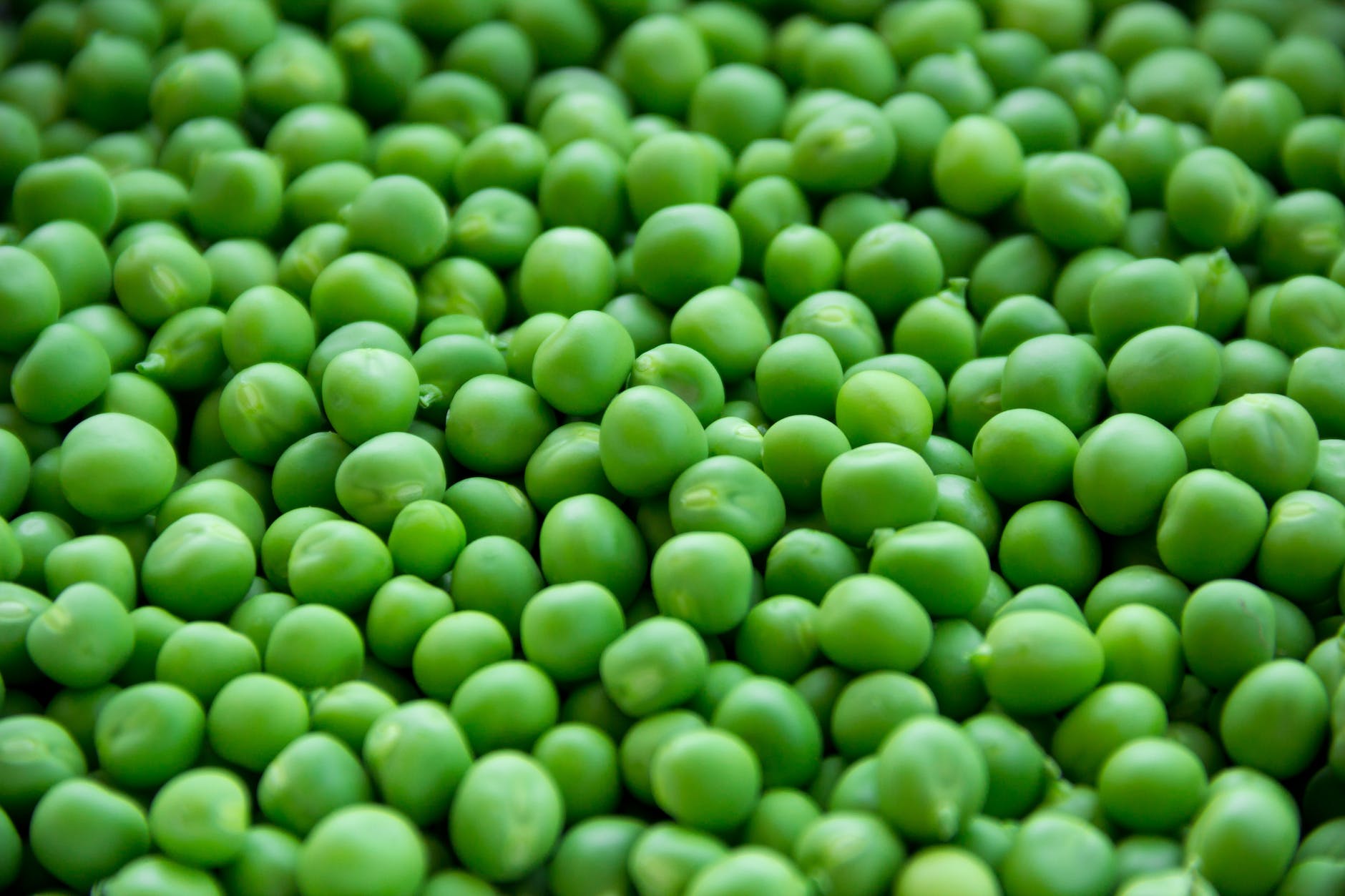
Zinc is a micronutrient that is essential for the growth and development of plants and animals. It is involved in many metabolic processes, such as photosynthesis, protein synthesis, hormone production, and stress resistance. Zinc deficiency is a widespread problem that affects crop production, animal health, and human nutrition. In this blog, we will explore the role of zinc in agriculture, the causes and consequences of zinc deficiency, and the solutions to improve zinc availability and uptake.
## Why is zinc important for crops?
Zinc is an important component of various enzymes that are responsible for driving many metabolic reactions in all crops. Growth and development would stop if specific enzymes were not present in plant tissue. Carbohydrate, protein, and chlorophyll formation is significantly reduced in zinc-deficient plants⁴.
Zinc also plays a critical role in plant growth and reproduction. It is required for the synthesis of auxin, a plant hormone that regulates cell division, elongation, and differentiation. Zinc deficiency can lead to stunted growth, reduced root and shoot biomass, and decreased yield potential. Zinc is also essential for the formation of pollen grains and the fertilization of ovules. Zinc deficiency can cause poor seed set, low seed quality, and reduced seedling vigor¹.
Zinc is also a key factor in plant defense against biotic and abiotic stresses. Zinc deficiency can impair the plant’s immune system and make it more susceptible to diseases and pests. Zinc deficiency can also reduce the plant’s ability to cope with drought, heat, cold, salinity, and heavy metal toxicity. Zinc deficiency can increase the oxidative damage and membrane instability in plant cells³.
## What are the causes and consequences of zinc deficiency?
Zinc deficiency is a global problem that affects nearly 50% of agricultural soils devoted to cereal cultivation. Zinc deficiency is more prevalent in alkaline, calcareous, sandy, and peat soils with low organic matter and high phosphorus content. Zinc availability is also influenced by soil pH, temperature, moisture, and microbial activity².
Zinc deficiency can have negative impacts on crop production, animal health, and human nutrition. Zinc deficiency can reduce crop yields by 20-50%, depending on the crop and the severity of the deficiency. Zinc deficiency can also affect the nutritional quality of crops, such as the protein, oil, and micronutrient content. Zinc deficiency can also increase the susceptibility of crops to diseases and pests, and reduce their tolerance to environmental stresses¹.
Zinc deficiency can also affect animal health, especially in ruminants that feed on zinc-deficient forages. Zinc deficiency can cause reduced growth, weight loss, poor appetite, skin lesions, hair loss, hoof problems, reproductive disorders, and increased mortality. Zinc deficiency can also impair the immune system and the resistance to infections and parasites².
Zinc deficiency can also affect human health, especially in developing countries where cereals are the main source of calorie intake. Zinc deficiency can cause impaired growth, stunted development, poor immune function, increased susceptibility to infections, diarrhea, pneumonia, malaria, and other diseases. Zinc deficiency can also affect cognitive function, learning ability, memory, and behavior. Zinc deficiency can also increase the risk of maternal and child mortality¹.
## How to improve zinc availability and uptake?
There are several strategies to improve zinc availability and uptake in agriculture. These include:
– Soil application of zinc fertilizers: This is the most common and effective method to increase zinc availability in soils. Zinc fertilizers can be applied as granules, powders, or liquids, either alone or in combination with other nutrients. Zinc fertilizers can be applied before sowing, at planting, or as a top dressing. Zinc fertilizers can also be incorporated into organic manures or composts to enhance their efficiency².
– Foliar application of zinc fertilizers: This is a complementary method to soil application, especially when zinc deficiency is detected during the growing season. Foliar application of zinc fertilizers can provide a quick and direct supply of zinc to the plant leaves, where it can be absorbed and translocated to other parts of the plant. Foliar application of zinc fertilizers can also improve the plant’s resistance to stresses and diseases².
– Seed treatment with zinc fertilizers: This is a promising method to improve zinc uptake and seedling vigor. Seed treatment with zinc fertilizers can coat the seed surface with a thin layer of zinc, which can be released and absorbed by the seedling roots. Seed treatment with zinc fertilizers can also enhance the germination, emergence, and establishment of the seedlings².
– Biofortification of crops with zinc: This is an innovative method to increase the zinc content of crops through plant breeding or genetic engineering. Biofortification of crops with zinc can enhance the expression of genes or enzymes that are involved in zinc uptake, transport, storage, or utilization. Biofortification of crops with zinc can also modify the plant’s physiology or morphology to increase zinc accumulation or translocation. Biofortification of crops with zinc can improve the nutritional quality of crops and the health of consumers².
## Conclusion
Zinc is a vital micronutrient for the growth and development of plants and animals. Zinc deficiency is a widespread problem that affects crop production, animal health, and human nutrition. Zinc deficiency can be prevented and corrected by applying zinc fertilizers, treating seeds with zinc, or biofortifying crops with zinc. Zinc is a key element in agriculture that can enhance food security, quality, and safety.
Sources:
(1) Zinc for crop production | UMN Extension. https://extension.umn.edu/micro-and-secondary-macronutrients/zinc-crop-production.
(2) Zinc in Crops – Zinc.org India. http://zinc.org.in/zinc-uses/zinc-in-crops/.
(3) Zinc-Solubilizing Microbes for Sustainable Crop Production … – Springer. https://link.springer.com/chapter/10.1007/978-981-15-3151-4_11.
(4) The Role of Zinc in Crop Production – Koch Agronomic Services. https://kochagronomicservices.com/knowledge-center/The-Role-of-Zinc-in-Crop-Production_2580.aspx.

